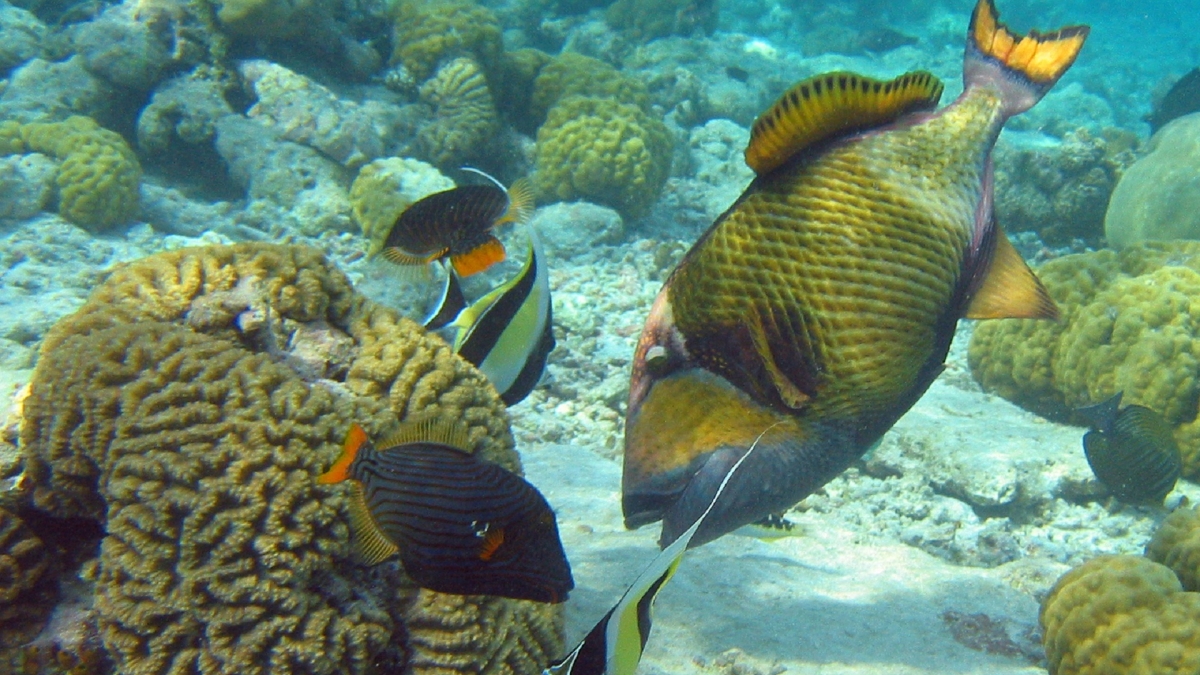Greg Asner and Robin Martin, both scientists at the Carnegie Institution for Science in Washington, D.C., will join Arizona State University's faculty in January 2019.
Asner will establish and lead the ASU Center for Global Discovery and Conservation Science, which has the goal of translating science into solutions.
Martin will be an associate professor in the School of Geographical Sciences and Urban Planning.
Greg Asner
Asner and his colleagues have developed and implemented pioneering airborne mapping techniques, which reveal the functional diversity and vulnerabilities of various ecosystems and identify targets for conservation. The chemical variation detected by an airborne instrument suite is linked to a database of dried and cryogenically frozen fieldwork specimens.
Asner and Martin's latest venture is the development of a novel coral reef monitoring and alert system as part of a larger coral reef mapping project.
“I am so excited to join the ASU family of innovators," Asner said. "I’m especially thrilled to create and grow a new center of applied research that focuses on increasing the impact of new science and technology to generate solutions for a more sustainable future."
Asner’s appointment will be split between the School of Geographical Sciences and Urban Planning and the School of Earth and Space Exploration. Asner has a bachelor’s degree in engineering from the University of Colorado, Boulder as well as a master’s degree in geography and doctoral degree in biology from the University of Colorado.
Robin Martin
He was elected to the U.S. National Academy of Sciences in 2013. He was named a Fellow of the American Geophysical Union in 2015, and of the Ecological Society of America in 2016.
Martin’s research focuses on field and laboratory studies of trees and corals with aircraft- and satellite-based maps. She aims to understand biodiversity and health of forests and reefs.
She has a bachelor’s degree in population and organismic biology from the University of Colorado, a master’s degree in rangeland ecosystem science from Colorado State University, and a doctoral degree in biochemistry and remote sensing from the University of Colorado.
More Science and technology

ASU-led space telescope is ready to fly
The Star Planet Activity Research CubeSat, or SPARCS, a small space telescope that will monitor the flares and sunspot activity of low-mass stars, has now passed its pre-shipment review by NASA.…

ASU at the heart of the state's revitalized microelectronics industry
A stronger local economy, more reliable technology, and a future where our computers and devices do the impossible: that’s the transformation ASU is driving through its microelectronics research…

Breakthrough copper alloy achieves unprecedented high-temperature performance
A team of researchers from Arizona State University, the U.S. Army Research Laboratory, Lehigh University and Louisiana State University has developed a groundbreaking high-temperature copper alloy…




